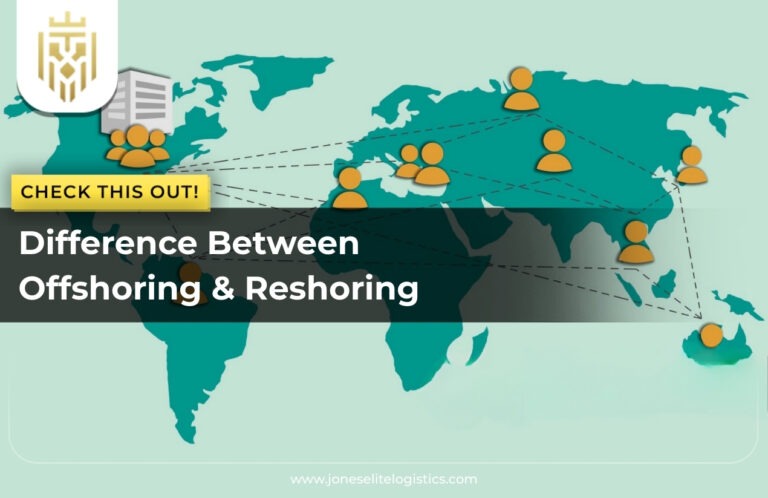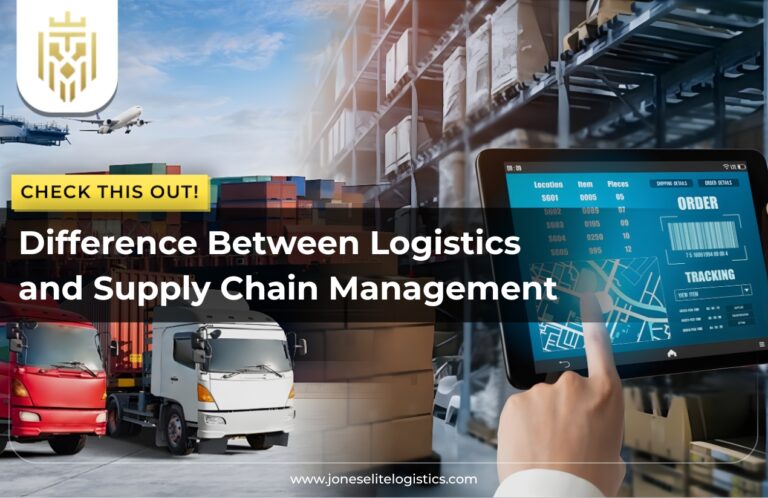Unlocking the Role of Fleet Management Software
Understanding fleet management software implies discovering the impact of technology in logistics. It dispenses with traditional non-cognitive automation in favour of intelligent automation, providing real-time tracking, predictive forecasting, and compliance aid. The transition enables companies to make smarter business decisions, mitigate risks, and manage more efficiently in expanding and increasingly complicated fleets.
From Paper Logs to Streamlined Operations
Fleets were previously reliant on manual logs and paper records, which could lead to errors and delays. Fleet management software allows companies to centralise data digitally, minimise errors, and increase visibility. This transformation has reimagined operations so that there is faster reporting and smoother operations at both driver and management levels.
Why Every Fleet Needs Smarter Tools
With competition and regulatory requirements increasing, fleets need to adopt more intelligent tools. By implementing fleet management software India solutions, there will be improved compliance, optimal routing solutions and cost savings. These digital systems are increasingly perceived by Indian logistics players as critical to both survival and long-term profitability.
Core Capabilities of Fleet Management Software

The benefits of fleet management software span diverse functionalities, including GPS tracking and predictive maintenance. These features are designed to complement one another in streamlining operations, improving safety and reducing costs. The use of such tools provides businesses with a comprehensive view that facilitates efficiency, productivity, and long-term improvements in the performance of the fleet.
Real-Time GPS Positioning
Real-time vehicle tracking promotes accountability, safety, and efficiency. Open-source alternatives to fleet management software also allow smaller businesses to purchase relatively cheap tracking solutions. This ability speeds up their response time, minimises unauthorised accessibility, and builds customer confidence by providing transparent, credible delivery status.
Predictive Maintenance Alerts
Sudden failures may interfere with the schedules and escalate expenses. FMS is the application of predictive analytics to problems before they occur. Engine health, tyre wear, and servicing alerts keep cars on the road, decreasing downtime and increasing asset life to provide the most efficient operation.
Automated Vehicle Dispatching
Automation removes the waste of time associated with scheduling difficulties by intelligently assigning tasks. Dispatchers can assign vehicles based on their availability, load type or proximity using fleet management software. This not only saves time but also increases customer satisfaction as the service is provided faster and more accurately.
Fuel Usage Tracking
Fuel costs make up a major component of fleet operations. Fleet management software allows businesses to observe usage patterns, identify wastage, and maximise consumption. Data-driven tracking insights can minimise expenses, enhance sustainability and green goals, and make fleets environmentally conscious and economically effective.
Driver Behaviour Insights
The unsafe driving behaviours directly affect the fuel efficiency and safety. Utilisation of fleet management software India enables managers to have access to detailed reports on speed, braking, or idle time. These lessons promote programmes of coaching that minimise risks, decrease expenses, and enhance fleet reliability, safeguarding both property and personnel.
Regulatory Compliance Tracking
Fleet operators are required to abide by strict regulations governing safety, emissions and driver hours. The fleet management software automates compliance tracking, eliminating paperwork and the risk of fines. With proper digital records that are up-to-date, organisations can rest easy knowing their operations are legally compliant and professionally organised.
Comprehensive Data Dashboards
Decision-makers live on data. Fleet management software combines key metrics such as performance, cost, and fuel trends through centralised dashboards. The dashboards help convert the complex data into decision-making information, enabling leaders to make faster, better, and more informed decisions in large-scale fleet operations.
Fleet Tech Integrations

Smooth integrations enhance operator efficiency with fleet management software. Integrated with ERP, telematics, or mobile apps, syncing assures single-source data, workflow acceleration, and intelligent management. All these connections increase the agility, futuristic readiness, and ability to adapt to competitive and technology-driven logistics scenarios.
ERP and Accounting Sync
When fleet management software is integrated with ERP or accounting systems, expense reporting, invoicing, and financial management are seamless. Such synchronisation closes the gap between operational and financial information, making it less susceptible to errors, faster, and more transparent across fleet operations and corporate financial functions.
Telematics with Sensors
Vehicle efficiency is maximised using advanced telematics and sensor integration. Combining sensor information with fleet management systems allows taking care of maintenance in advance, fuel control, and driver activity monitoring. This integration enables predictive decision-making, capable of maintaining assets reliably with reduced operational risks and inefficiency.
Mobile Access Anywhere
Field managers must have immediate access to information on the road. Fleet management software that enables mobile access enables them to monitor their operations, authorise requests, and keep track of driver performance at any time. This adaptability enhances responsiveness, as teams are effective and agile even in remote or unpredictable circumstances.
Cloud-Based Monitoring and Updates
Cloud-based connectivity also keeps fleet management software up-to-date without much interference. The advantages to operators are real-time monitoring, scalable storage, and automatic system improvements. The given model also reduces IT maintenance expenses, and companies can easily go technological without having to invest in infrastructure-heavy devices.
Fleet Management Software Benefits

Looking at the fleet management software market size will give us the global scale of adoption, which is an indicator of a valuable measure. Businesses around the globe use software to save money, protect safety, and enhance client confidence. It offers an advantage to all stakeholders and thus is a pillar of contemporary transportation and logistics plans.
More Uptime, Less Delay
Fleet management software advantages are that it reduces delays due to manual errors and communication inefficiency. Fleets spend more time on the road through automated scheduling, tracking, and alerts. This leads to greater uptime, flowing operations, and increased output in distributed networks of vehicles.
Cleaner Data and Better Decisions
Good decision-making begins with good data. Fleet management software enables managers to have clear, real-time insights into operations. This eliminates redundancy, inaccuracies, and delays in reporting, resulting in strategic, informed decisions that directly enhance efficiency and business profitability in the long term.
Less Cost, More Control
Cost management is also a major priority in competitive sectors. With fleet management software market size data, enterprises become aware of high adoption rates and ROI. Software can offer substantial cost benefits, from fuel savings to fewer breakdowns, but also provides operators with more control over day-to-day operations.
Safety, Trust, and Customer Satisfaction
Staying consistently successful in logistics is based on trust among customers. The application of fleet management software will guarantee safer driver habits, consistent deliveries, and visible communication. Such additions promote brand image, instil confidence, and create a lasting loyalty bond with customers, as well as ensuring the safety of employees and satisfaction of stakeholders.
Frequently Asked Questions (FAQ)
1. What exactly is a fleet management software?
Fleet management software is a digital platform that centralises vehicle tracking, maintenance, compliance, and performance monitoring. It makes operations leaner, less costly, and ensures businesses are more efficient and safe.
2. How does a fleet management software help track and maintain vehicles?
It offers real-time GPS tracking, predictive maintenance, and driver-behaviour insights. These tools ensure that vehicles are always fit to be on the road, decrease breakdowns, increase lifespan, and improve safety and regulatory compliance.
3. Which systems can a fleet management software connect with?
It is combined with ERP, accounting systems, telematics, and mobile apps. These integrations harmonise data, automate reports, and enhance decision-making, establishing smooth operational control over financial and logistical activities.
4. What improvements will I notice first with a a fleet management software?
The initial gains involve minimised delays, real-time visibility, cleaner data, and lower fuel costs. Improved safety, accelerated dispatching, and intelligent compliance tracking are soon realised as operational benefits.









